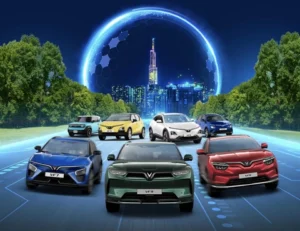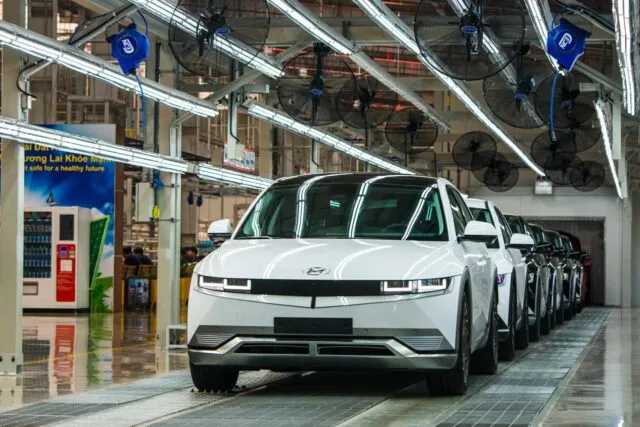If US President-elect Donald Trump and his team abolish the $7,500 federal tax incentive for electric vehicles (EVs), the impact will be huge.
The Biden administration ’s Inflation Reduction Act (IRA) provides this tax credit for personal electric vehicles , along with other incentives for commercial electric vehicles and battery manufacturing. Since its enactment in 2022, the law has led to a surge in electric vehicle sales.
In 2023, the first full year of the incentives, electric vehicle sales increased 46% year-over-year to nearly 1.19 million units from just 813,000 in 2022, according to data from auto research and valuation firm Kelley Blue Book.
A recent report titled “The Impact of ‘Buy American’: Electric Vehicles and the Inflation Reduction Act” by researchers Joseph Shapiro, Hunt Allcott, and Felix Tintelnot quantified the impact of this tax incentive.
Based on modeling and simulations, the report estimates that electric vehicle sales in the U.S. would fall 27% if the tax credit were eliminated, with electric vehicle registrations falling from nearly 1.19 million to 867,000. Bloomberg News first reported the results.
“We took data from summer 2023, applied current supply and demand conditions, and then removed the electric vehicle tax incentive to see how sales would fall,” Joseph Shapiro, associate professor of economics at UC Berkeley and co-author of the report, explained to Yahoo Finance.
With sales growth of nearly 40% last year, losing the tax credit would be “a significant change,” Shapiro said. “$7,500 is not a small number,” he said.
However, Associate Professor Shapiro also noted that while a 27% drop is significant, the actual impact may not be that severe. He said the electric vehicle market is still growing rapidly and the loss of incentives may only cause sales to “flatten.”
At the same time, Shapiro and his co-authors note that the current tax incentive design is not very effective. They propose different subsidies for different types of vehicles. For example, some large electric vehicles cause “significant negative externalities” such as a higher risk of serious accidents and higher energy consumption.
“We are currently applying the same $7,500 subsidy to most cars, while we should prioritize lower subsidies for cars with higher social costs. This would make the subsidies more beneficial to society,” Shapiro said.
In the short term, the removal of the tax incentives will make it difficult for EV manufacturers to make up for the shortfall, possibly by cutting prices further. “Without the incentives, EV prices will rise significantly, putting downward pressure on sales in the coming years unless manufacturers offset the impact by cutting prices,” said Morgan Stanley analyst Adam Jonas.
Morgan Stanley predicts that companies like Lucid, Rivian, and Tesla will be hit hardest if the incentives are eliminated. However, in the long term, they believe that the use of electric vehicles will not slow down, as technological innovation and production scale will reduce costs and improve efficiency.
















